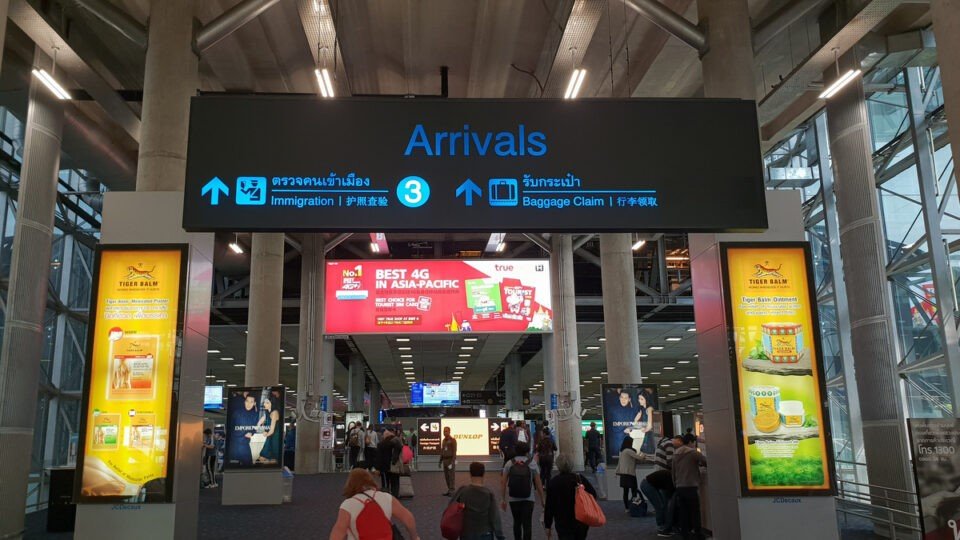The collection of a tourism fee from foreign visitors will be delayed by at least two months from the scheduled date of April 1 as payment methods have not yet been concluded.
Tourism operators had bemoaned the collection of the 300-baht fee as untimely, given the industry’s weak recovery from the pandemic.
Tourism and Sports Minister Phiphat Ratchakitprakarn said the National Tourism Policy Committee meeting on Monday supported a tourism fund being set up from the fees collected.
The next step in the process is to propose the policy to the cabinet. On receiving approval, the details of the fee collection must be announced in the Royal Gazette within 90 days.
However, implementation is likely to be delayed beyond April as airlines, which are probably going to be responsible for collecting the charge, asked for at least three months to prepare. The ministry must still finalise collection methods for those entering the country overland.
The fund committee is going to be chaired by the permanent tourism secretary and include representatives from the Budget Bureau, Office of the National Economic and Social Development Council, the private sector and other related state agencies.
Of the 300-baht fee, about 20% has been allotted for insurance coverage for international tourists, with the majority (50%) directed to tourism product development in Thailand.
Tourism Authority of Thailand (TAT) governor Yuthasak Supasorn said the country’s tourism supply, both in terms of products and services, still needs an enormous amount of development to increase value, particularly from local products and festivals that can generate income more equally.
The TAT and two state agencies — the Creative Economy Agency (CEA) and Thailand Convention and Exhibition Bureau — signed a memorandum of understanding on Thursday to support the creative industry via festivals and tourism areas that have the potential to be promoted in relation to soft power and as part of the local creative economy.
He said the cooperation should increase tourism revenue by 20% through nine categories: food, film, fashion, festivals, fights (traditional boxing), music, museums, masters and the metaverse.
Apisit Laistrooglai, executive director of the CEA, said the value of the creative industry in Thailand is expected to reach 1.5 trillion baht, growing 3.57% from last year.
An annual festival such as Design Week in Bangkok, Chiang Mai and Khon Kaen could be key to help create recognition, as Design Week is a popular event spanning more than 150 cities globally, said Mr Apisit.
This year’s Bangkok Design Week, which is taking place this month, is expected to generate 750 million baht.




